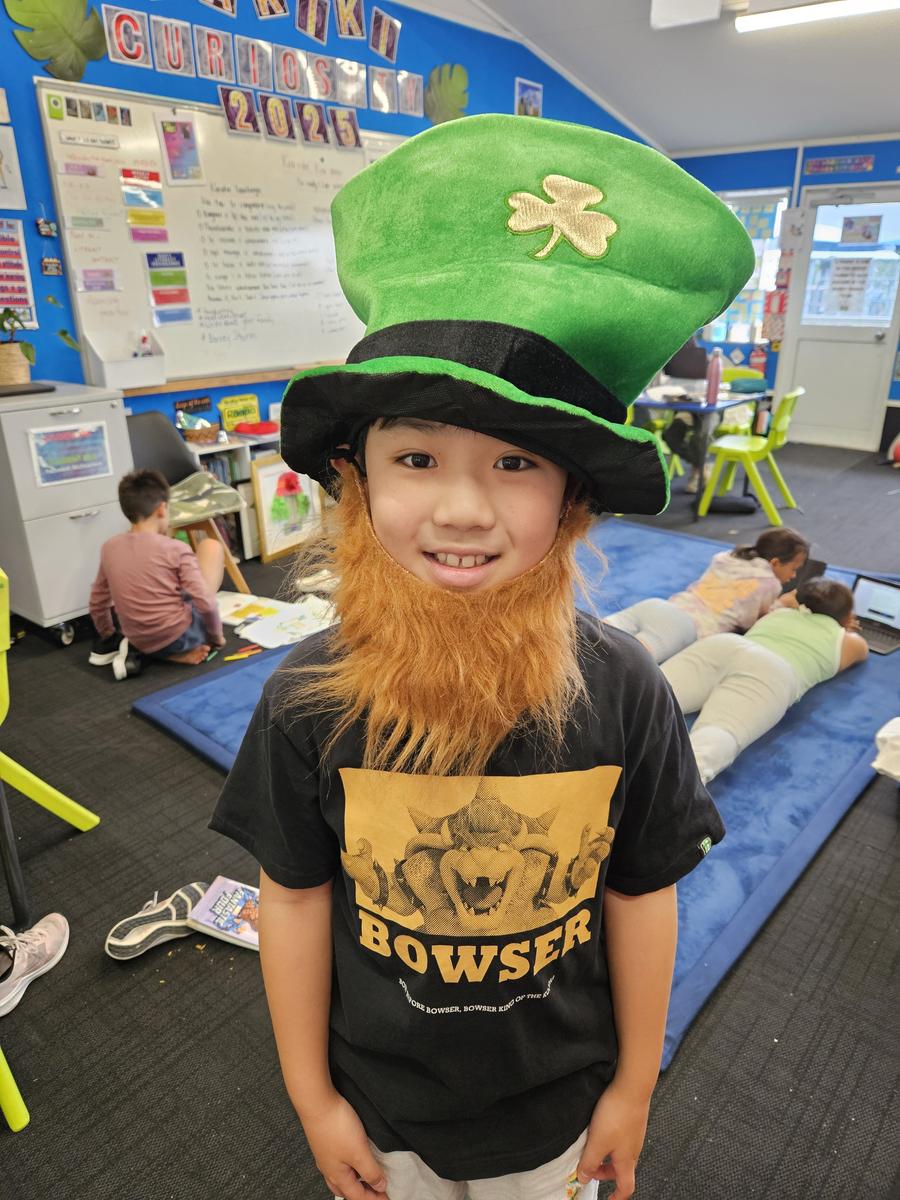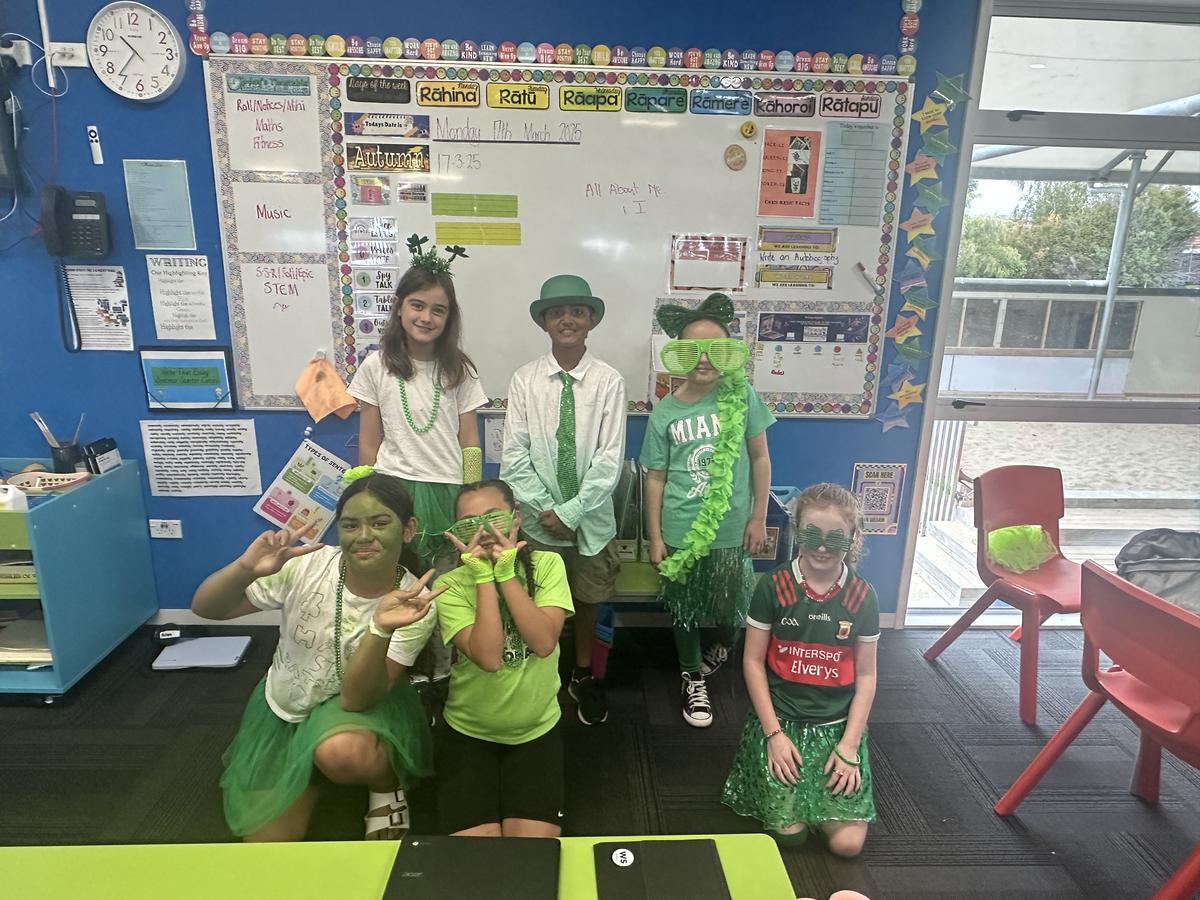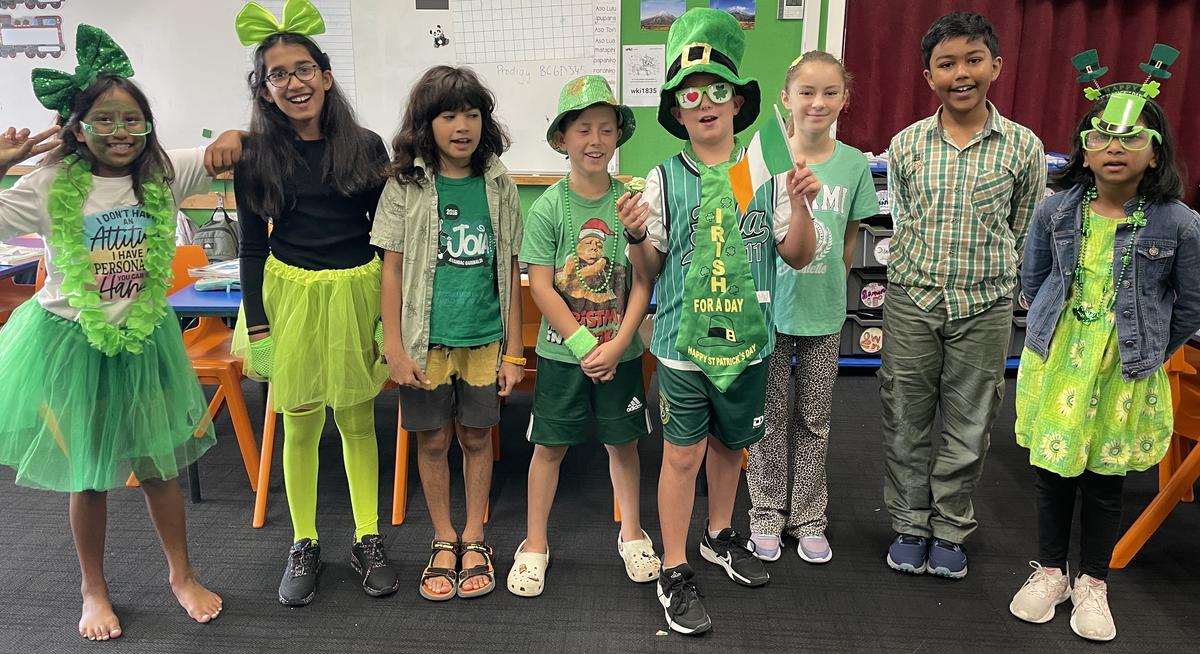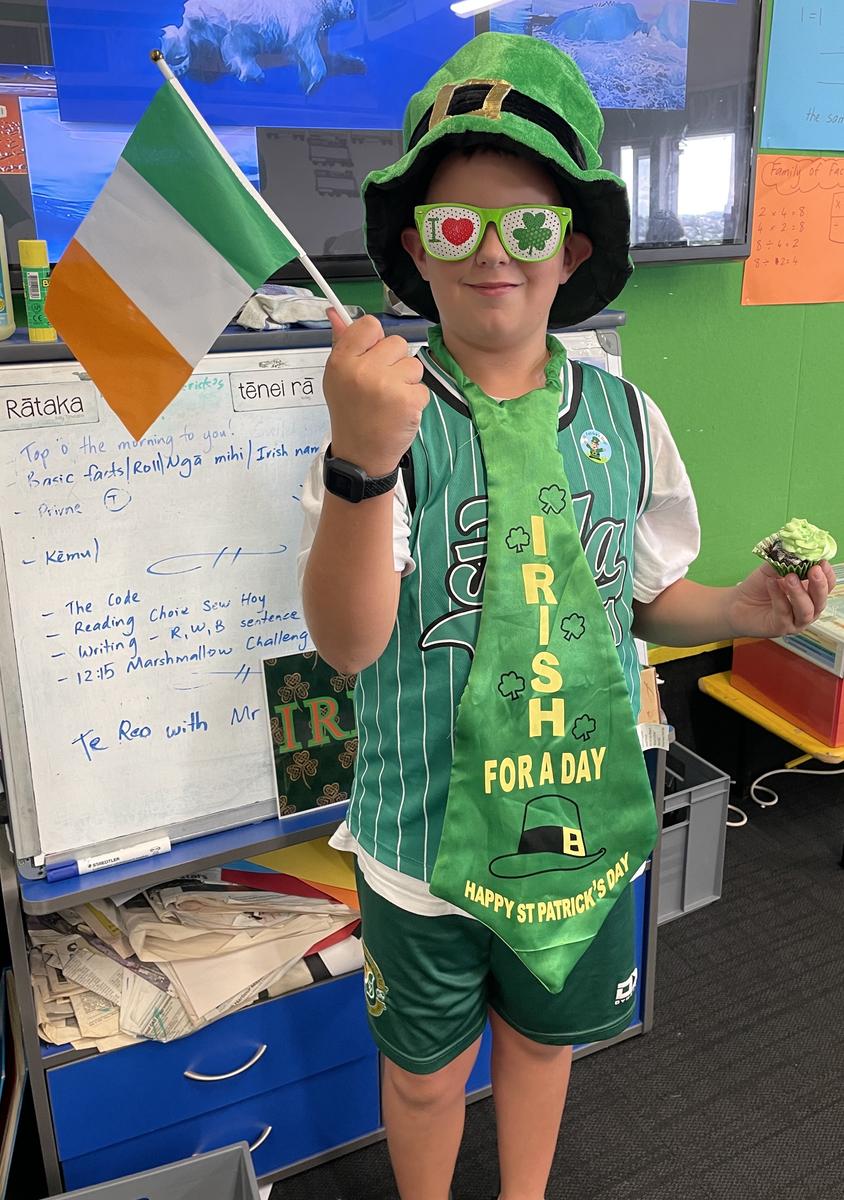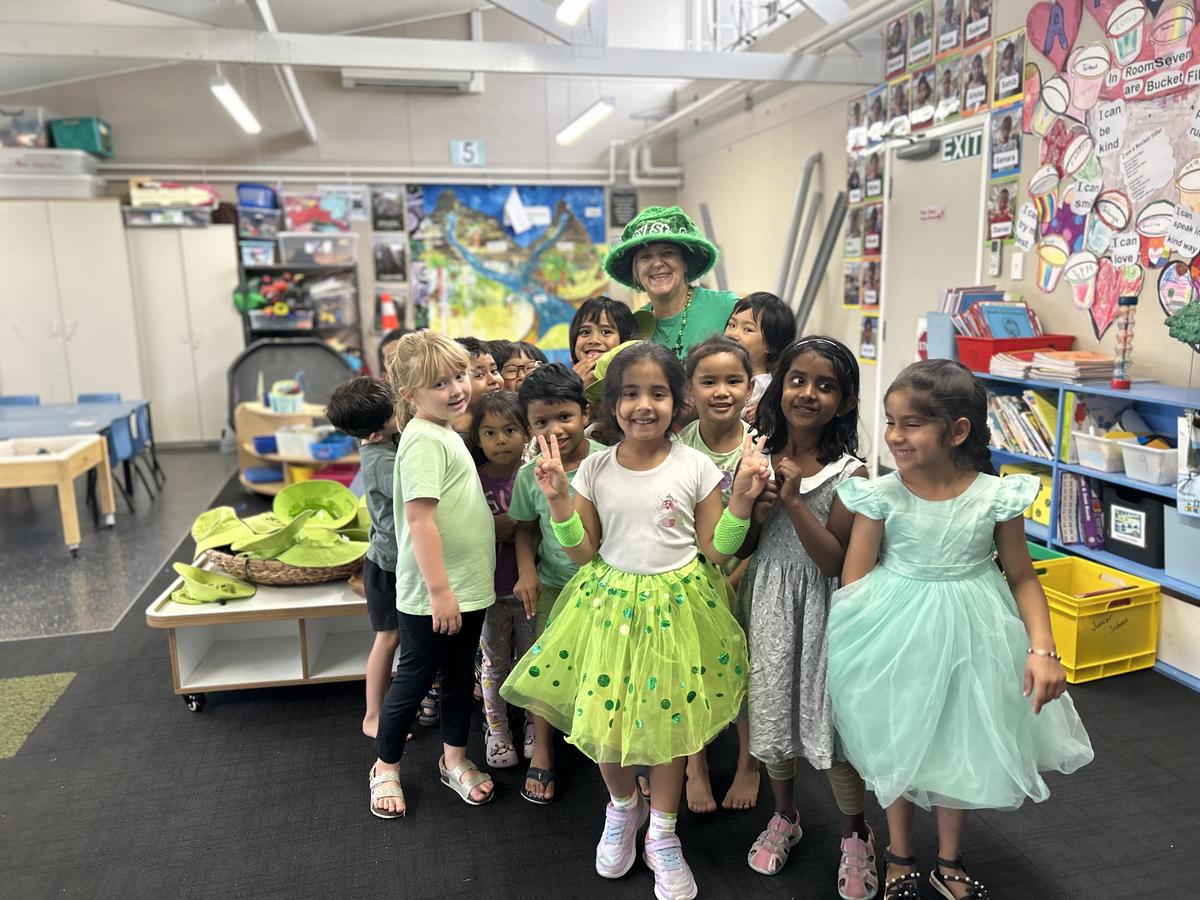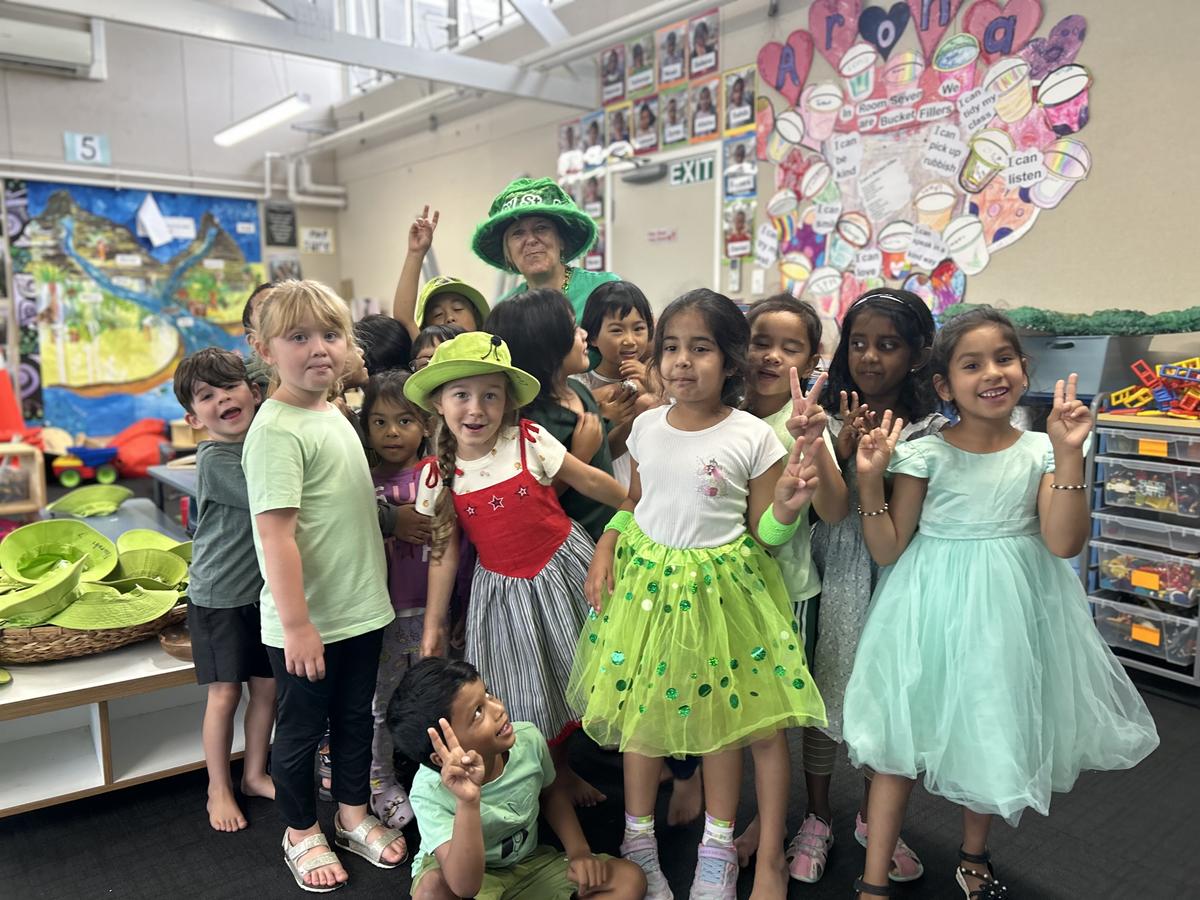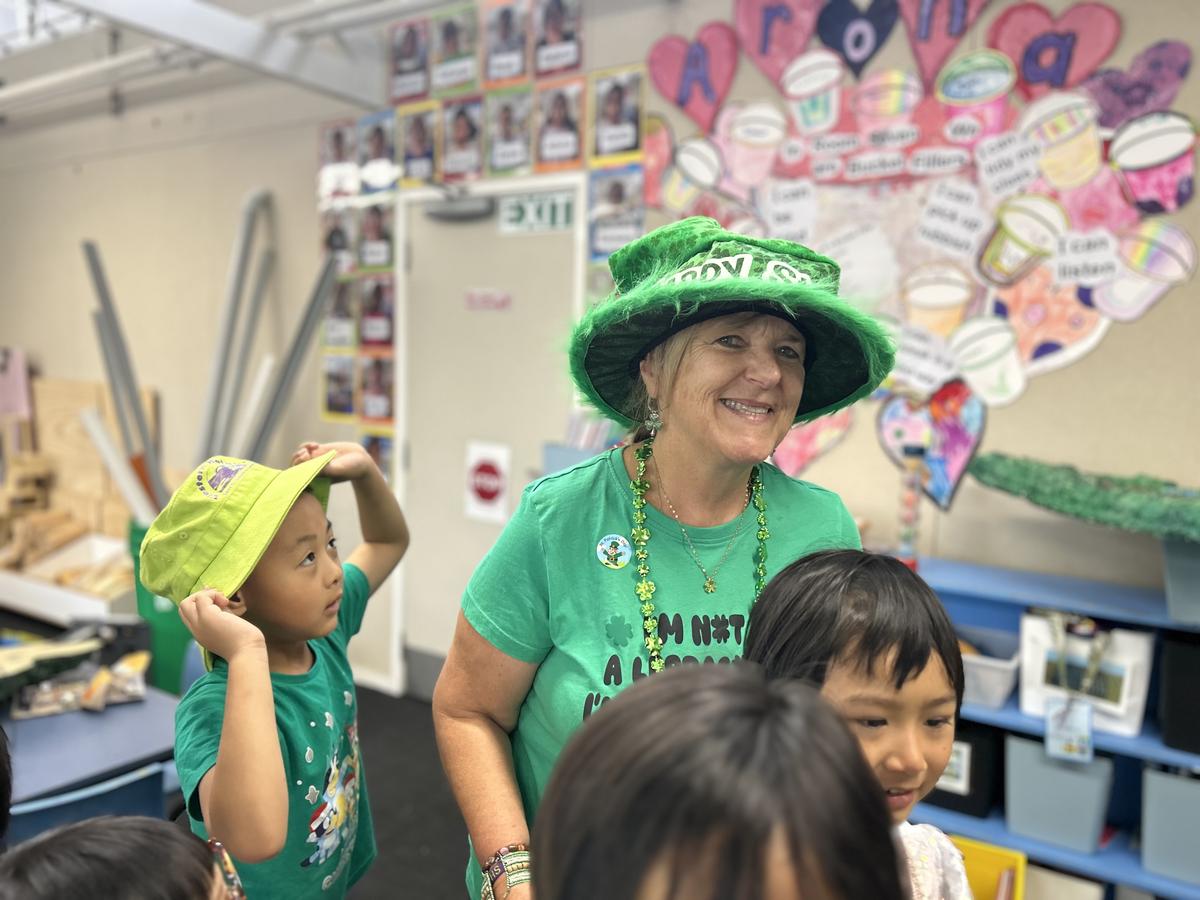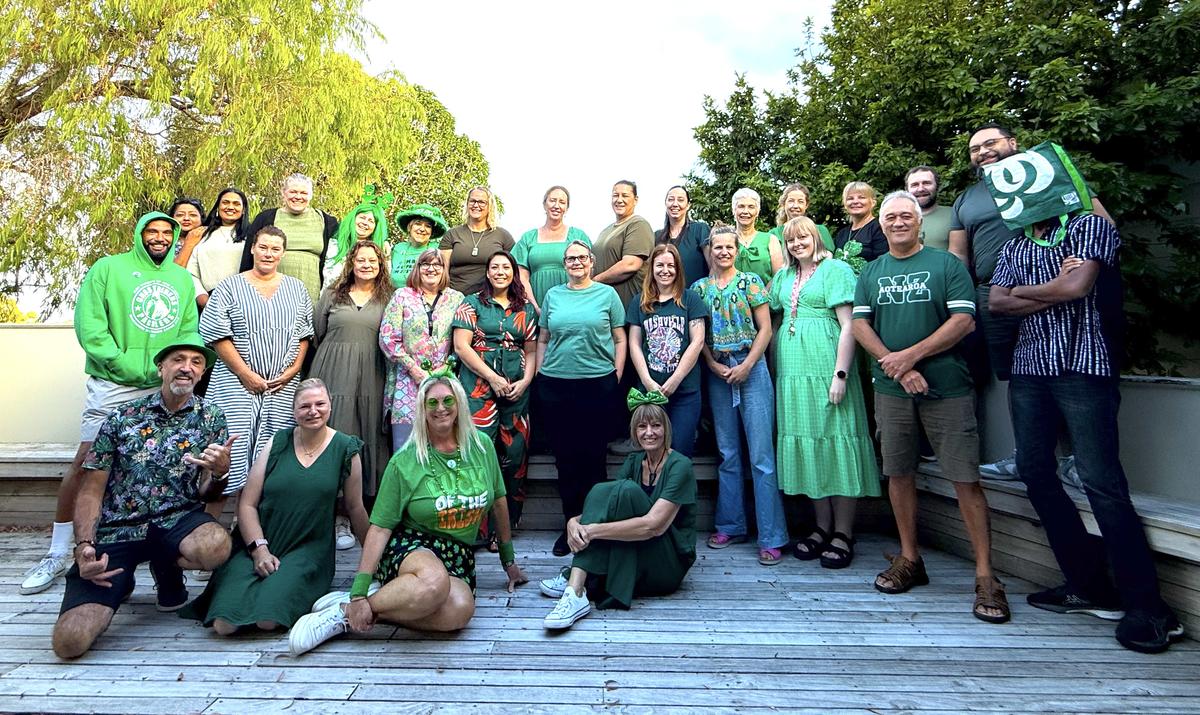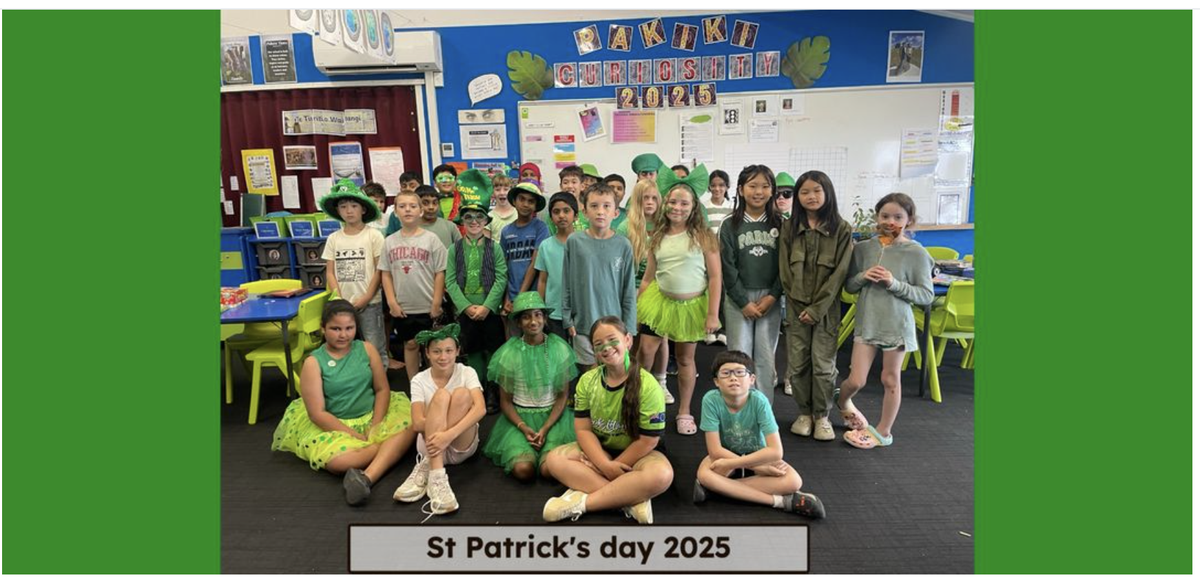Saint Patrick's Day at WHS:

Here are some lesser-known facts about Irish topics I found on Medium to celebrate Saint Patrick's Day. I hope you’ll find them to be “good craic” (pronounced ‘crack;’ an Irish slang term for a delightful and fun experience):
Colcannon (mashed potatoes and cooked cabbage) is a popular Irish celebration dish. It’s sometimes used as a “fortune-telling dish” by mixing small items and trinkets into the recipe. If your portion contains, say, a coin, it could mean a windfall of money was coming your way, whereas a stick may mean trouble for the future of your marriage.
The Irish language is full of magically emotive and dramatic phrases for everyday life. It’s also an endangered language, with only an estimated 100,000 people who have learned it as a first language. To help keep it alive, consider learning some of its unique phrases to practice today. For instance, the Irish greeting céad míle fáilte (pronounced kay-od mee-leh foyle-cha) means “a hundred thousand welcomes.”
An Irish tradition that deserves more attention? The Women’s Christmas (Nollaig na mBan, pronounced: null-egg-nah-mawn), which occurs yearly on Jan 6th. The day's purpose is to give women a break after the busy holiday season by having the men do the chores that women usually do for their families.
One mystery in Ireland concerns dozens of stone towers with circular bases that are found all over the island — no one knows who built them or why, even though they all look the same and seem to have been built during the same Medieval period. One new theory: Since they’re usually found above underground waterways (which makes the ground above them dangerous for human habitation), could they have been related to water dowsing (a spiritual method of sourcing water) or perhaps even an Irish version of feng shui? (
Somehow, I never realised that the “Guinness” in the “Guinness Book of World Records” refers to the drink of that name. It exists because, back in the ’50s, the managing director of the brewery got into a friendly argument over facts in an Irish pub and commissioned some researchers to help him create a book of popular facts and figures to settle the debate.
The origin of the word “boycott” has Irish roots. Not linguistically, but historically. Charles Boycott was an Englishman who owned and leased land to farmers in Ireland, whom he would also hire for jobs on his properties. He treated his tenants and his workers so horribly and was so universally despised that they would often go on strike or refuse to pay their rent, which led to his surname being forever entwined with that act of protest.

